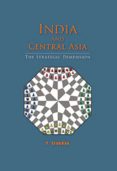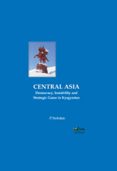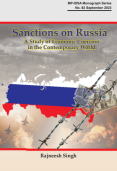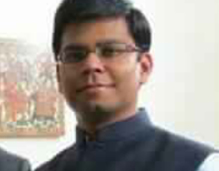Putin’s Political Regime and Its Alternatives
The article analyses the current Russian regime and its possible alternatives, both nationalist and pro-Western, from the viewpoint of various theoretical approaches. It argues that applying the criteria and terminology of political science, which are usually used in studies of modern Western societies, to define contemporary Russia’s social and economic system is just as pointless as describing its political system in terms of the modern Western political system.
- Alexander Lukin
- March 2018









